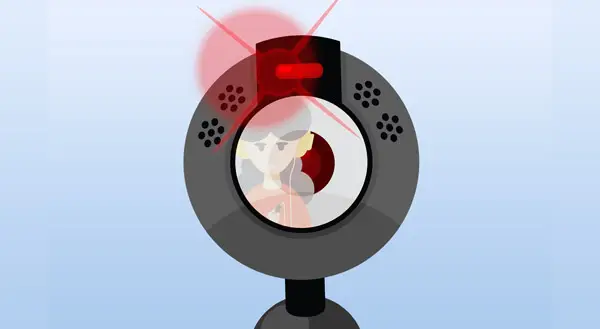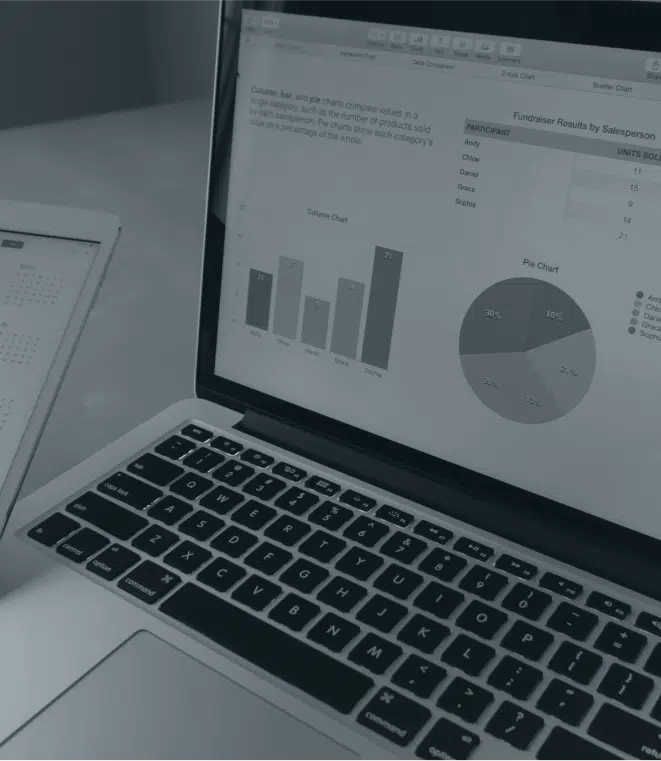In the midst of a global lockdown, many of us have been relying on webcams to stay connected. These cameras let us join virtual meetings for work and online hangouts with friends. But bad actors can also use a webcam to spy.
Someone watching through a small laptop or personal computer camera may sound farfetched. And if you don’t make a hat out of tinfoil, aliens will take over your brain, right?
Except, it is true that webcams can be used for spying.
Seeing someone with a piece of tape over their webcam isn’t that unusual. Even Facebook’s founder does it. At conferences now, you might even receive a branded sliding webcam cover as swag.
How Webcam Spying Works
How can someone access your webcam in the first place? Typically, they’ve installed malware. The malicious software allows them to remotely control your computer and view its webcam.
A cybercriminal might access your webcam using spy software, a remote access trojan (RAT). The software spreads through freeware, spam emails, infected attachments, or fake website links.
The software allows the remote user to take control of your computer. They could view your online activity, read messages, or capture screens and keystrokes, and they’ll be able to turn your webcam on to spy on you – without you knowing it.
The webcam light located near the lens will indicate whether camera is currently recording. However, it’s easy to miss and many people don’t understand what the light means.
What to Do About Webcam Spying
Well, there’s that piece of tape, or you might use a Post-It note to cover the camera, but that doesn’t address the bigger issue. Since we’re talking about malware here, the usual rules apply.
Don’t trust attachments, even from people you know.
Hover over external links to see where they will take you before clicking.
Question the credibility of any freeware you might download onto your computer.
Install a good antivirus system, especially one that checks emails.
Put a good firewall in place to prevent attackers from accessing your computer.
Install patches for your operating system, browser, and software to keep security current.
While we’re talking about webcams, keep in mind your smartphone camera and any surveillance cameras need protection too. On your phone, keep your passcode private and make sure antivirus and security patching is up to date. With a surveillance system, always change the default password – you’d be amazed how many people don’t bother to do so – as that’s just making the hackers job easy for them!
Want to be sure you’re not being spied on? Our IT experts can make sure you have a strong firewall in place to monitor network traffic and block suspicious activity. We can also ensure your antivirus and malware security is top notch.
Don’t find yourself on camera when you’re not ready for your closeup! Give us a call at 416-628-0253.


